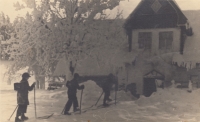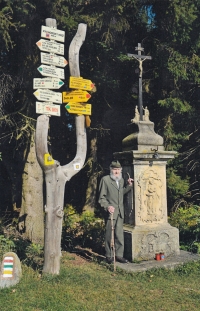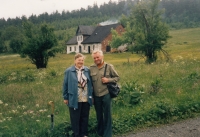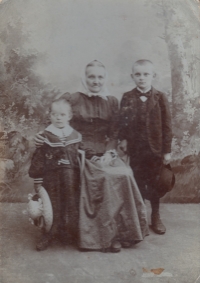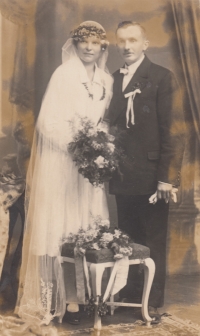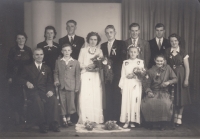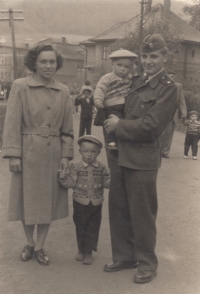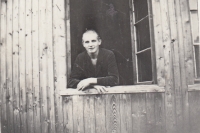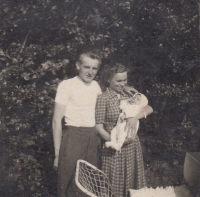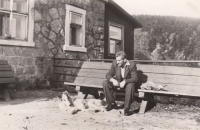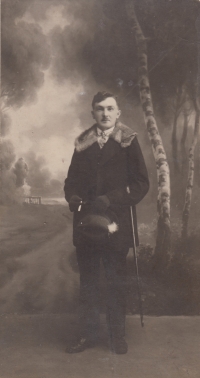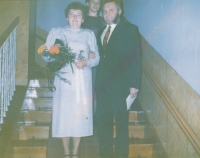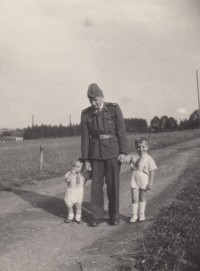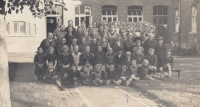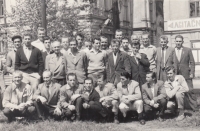Forced labour in the mines became a job for life
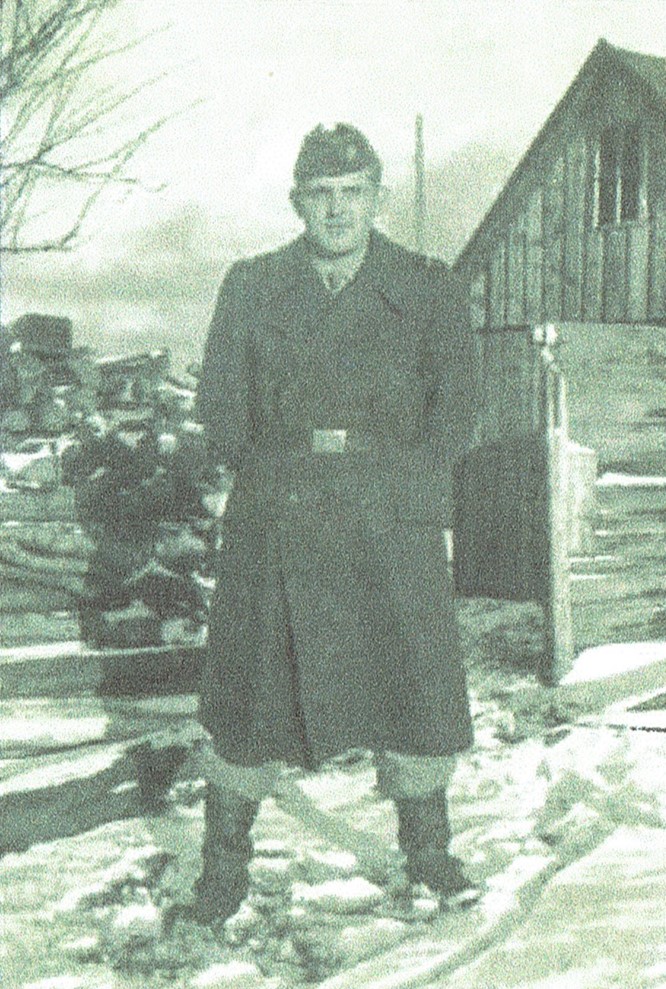
Stáhnout obrázek
Franz Braun was born on 29 October 1931 in Rýchory, Hradec Králové Region. He comes from the Braun family from South Tyrol, which inhabited the eastern Krkonoše Mountains since the 16th century. Franz‘s family settled in the Rýchory mountain ranges as early as 1820. Franz‘s father owned a large farm there, which the family cultivated. In 1937, military bunkers began to be built in the surrounding area, and the Brauns had one on their land. When mobilization began in 1938, Franz‘s parents sent him and one of his brothers to Germany. They spent two months in a monastery in Hanover and then returned. The Brauns survived the war in Rýchory, and the witness attended a German school. After 1945, the family was not deported because of the brother‘s work in the mine, but Franz was called to be transported to the Jáchymov mines in 1948. Instead, he ended up working in the mines in Žacléř. He was later sent to forced labour in the Jáchymov region, where he worked until 1952 when he fell ill. Despite a medical confirmation stating that he was not allowed to work in the mines, he was gradually deployed in the mines in Radvanice, Bečkov and Žacléř, where he worked until 1992. After the occupation of Czechoslovakia, he came into conflict with soldiers who detained and beat him in August 1969. During communism, he visited his relatives in Germany who were displaced from Czechoslovakia in 1946. At the time of filming in 2023, Franz Braun was living in a senior citizens‘ home in Žacléř.



